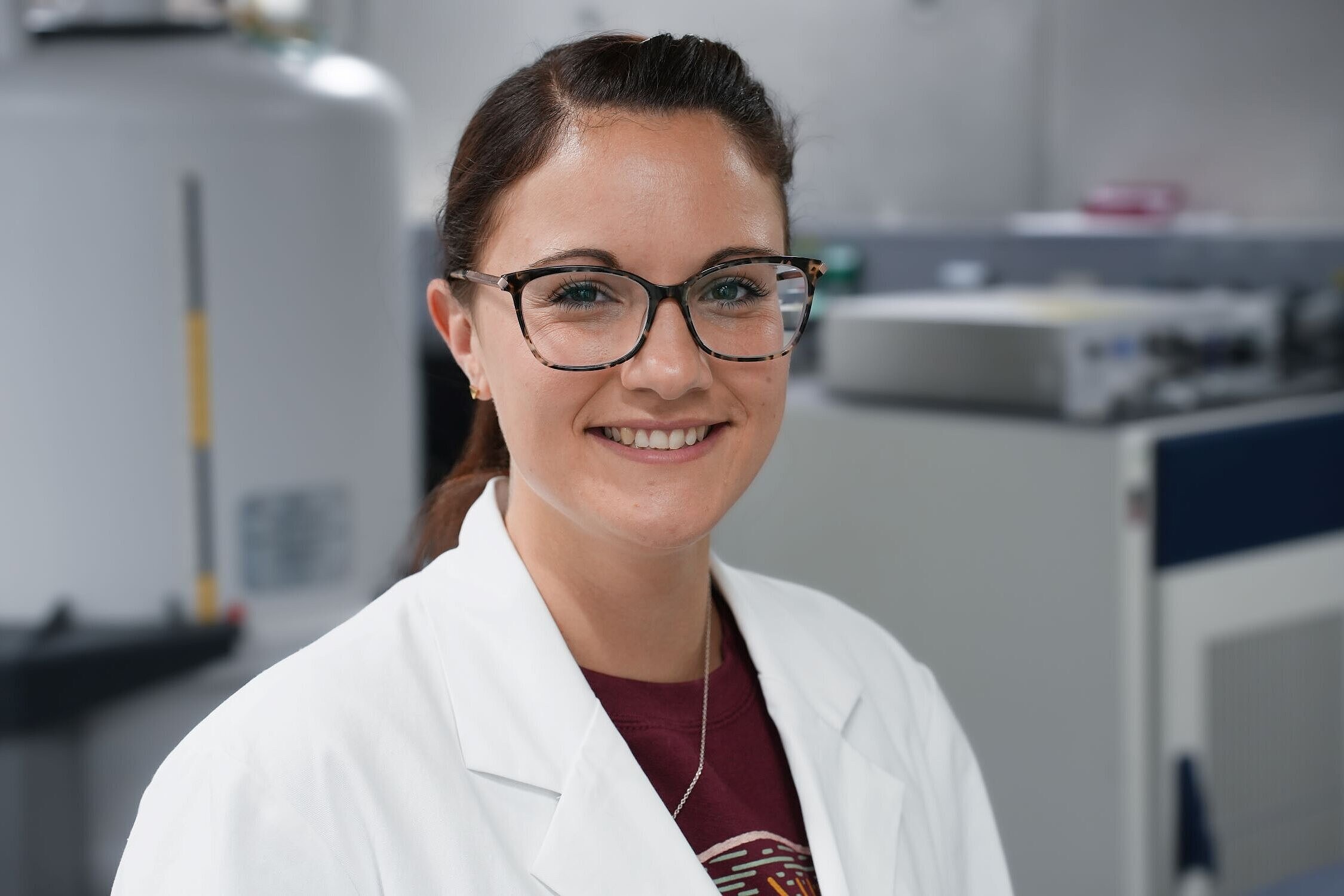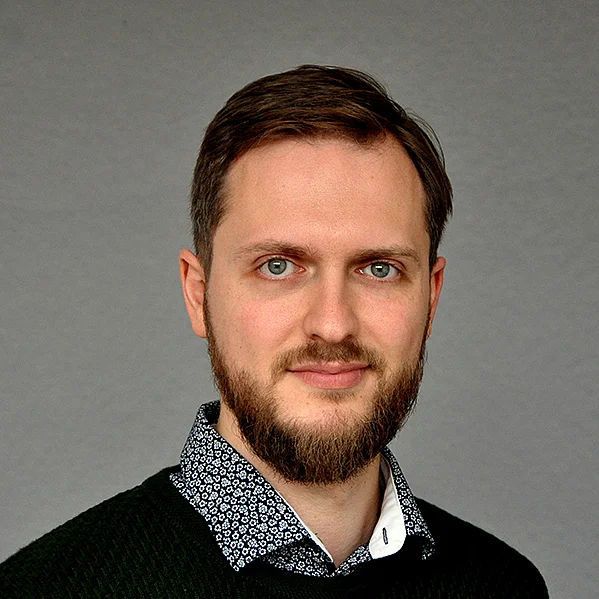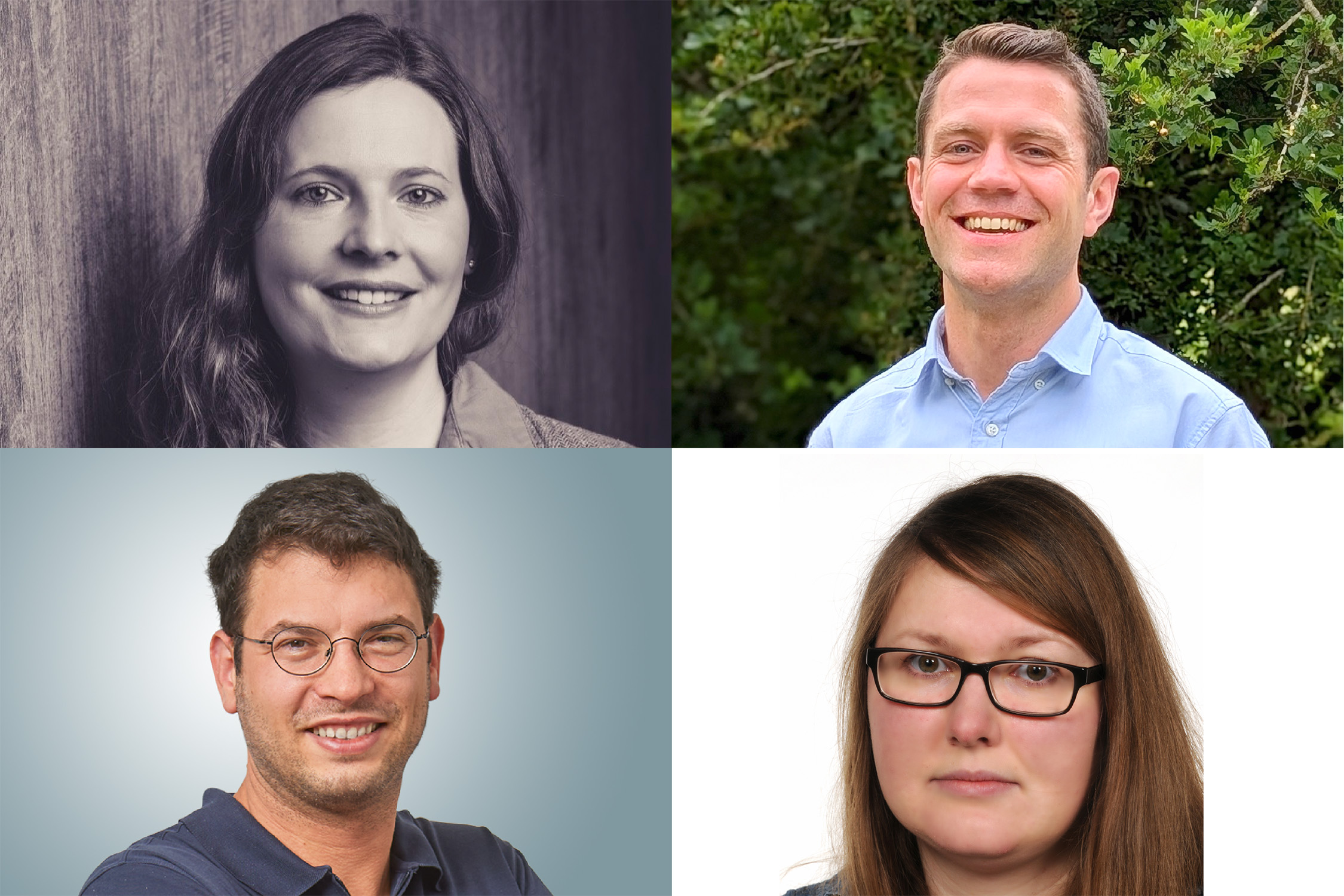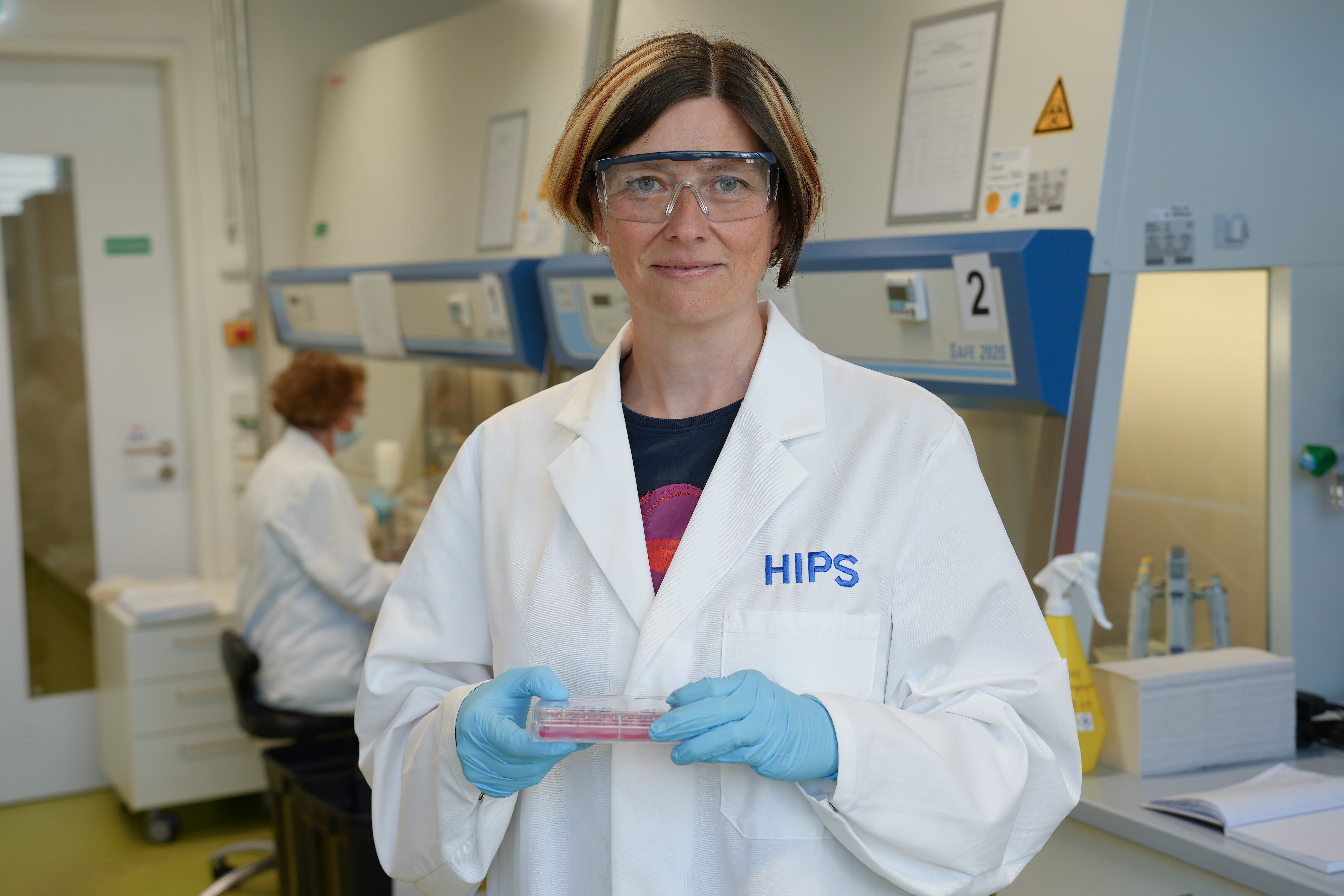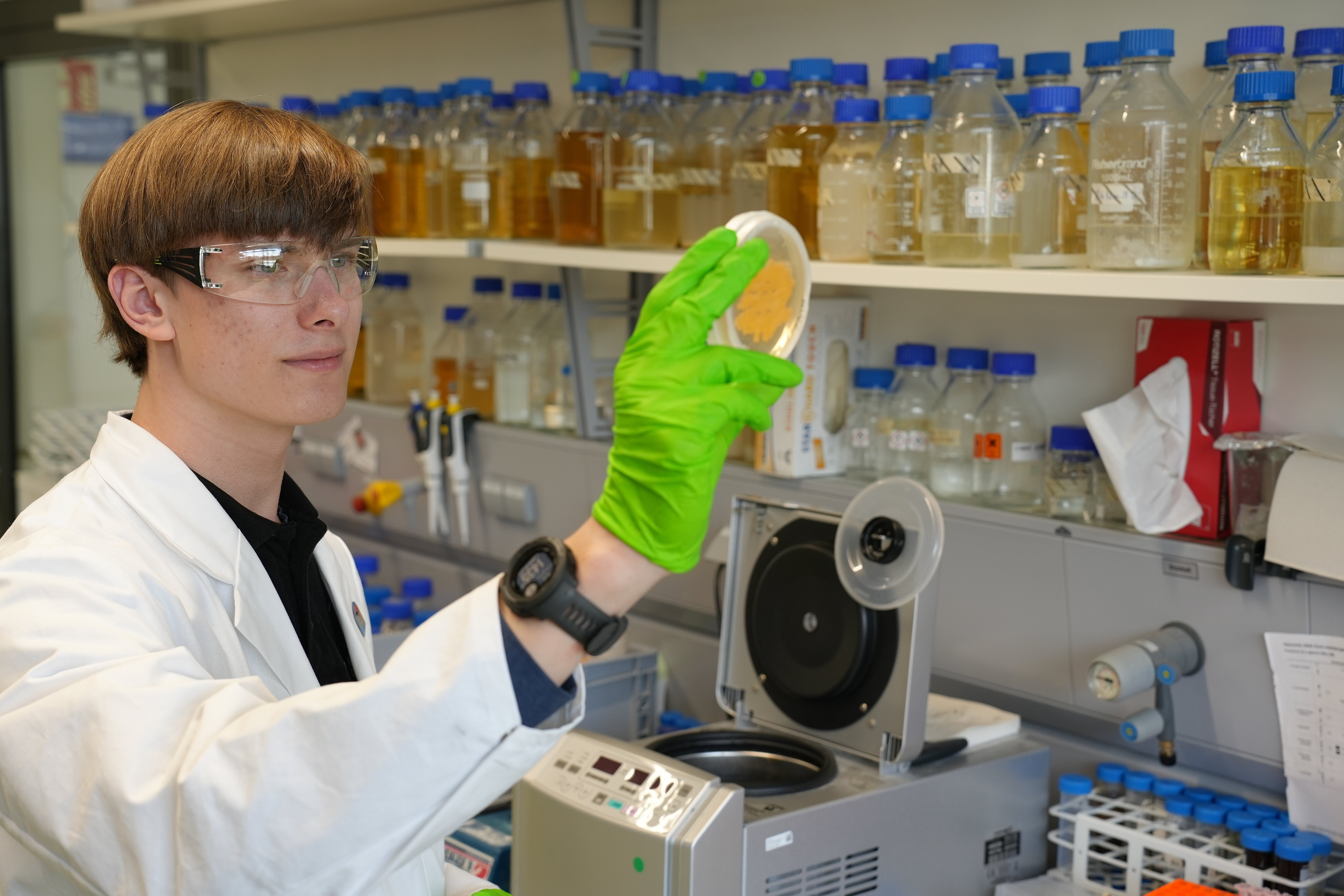What sparked your interest in pharmaceutical research and how did you come to HIPS in particular?
I find pharmaceutical research so exciting because it is so interdisciplinary and translational. When I decided to study pharmacy, I deliberately didn't want to focus on just one of the natural sciences, but rather to understand the big picture and its applicability. And this still shapes my research today. This holistic approach made HIPS so attractive to me, both then and now.
It has been three years since you completed your PhD at HIPS. How was it to return to HIPS? What were your impressions and what has changed?
Although a lot has happened at HIPS in the last three years, HIPS remains my scientific home. I feel that this is the best place for me to develop my research skills. The biggest change is of course the expansion of the research groups based at HIPS, which makes HIPS even more the hub of pharmaceutical natural product research in Germany and offers me a great opportunity for new collaborations.
What has been your experience with Young AcademiXX so far? Were there any challenges and if so, how did you overcome them?
The Young AcademiXX program is similar to a trainee program for future professors. I have the freedom to pursue my own research interests, but at the same time, I can get insights into many processes. Everything was made very easy for me at the beginning of the program. The biggest challenge was actually being the pilot, so some things required a bit more creativity as compared to an already established program.
How did Young AcademiXX help you to return to Germany after your stay abroad and to continue your research here?
The YoungAcadamiXX program takes a lot of the pressure off the otherwise usually tense and stressful transition to scientific independence. In contrast to other young researchers, I have the opportunity to fully focus on raising my own funds during the funded period instead of doing it "on the side" during my postdoc. This allowed me to concentrate fully on my research during my postdoc stay in Florida, knowing that my return to Germany and my further academic career were already secured.
How does Young AcademiXX specifically support you in your career and research? What are your future career goals?
My professional goal is to lead a successful small junior research group - preferably as a junior professor. The Young AcademiXX program gives me the opportunity to initiate many small things, such as building up my own small master collection and compiling first research results that are important for submitting a junior group application. As a result, I feel much better prepared to lead my own group scientifically, personnel-wise, and financially.
How has participation in Young AcademiXX influenced your view of your career and research?
I think one of the main reasons why so many young scientists decide against an academic career is the lack of predictability, especially in the medium and long term. For me, programs like Young AcademiXX are a great opportunity to allow at least medium-term planning in the early stages of one’s career. Already during my postdoc, I knew that the program would allow me to return to Germany flexibly and that my funding would be secured for at least two years. This is a security that many people unfortunately still lack at this stage.
What advice would you give to young female academics who are about to complete their PhD and also want to pursue a career in pharmaceutical research?
There are two main ones:
Just say out loud that you want to be a professor. Express your interest in staying in pharmaceutical research and you will be surprised how many professors are actually motivated to support young talent.
Don't be afraid of challenges. I have been thrown in at the deep end many times along my journey, and although it has always been exhausting and demanding, these have been the moments when I have grown the most and learned what I am really capable of.
Is there anything you would wish for future participants of the program?
I hope that there will be so many participants that similar programs will eventually become an integral part of every academic career and no longer the exception.
